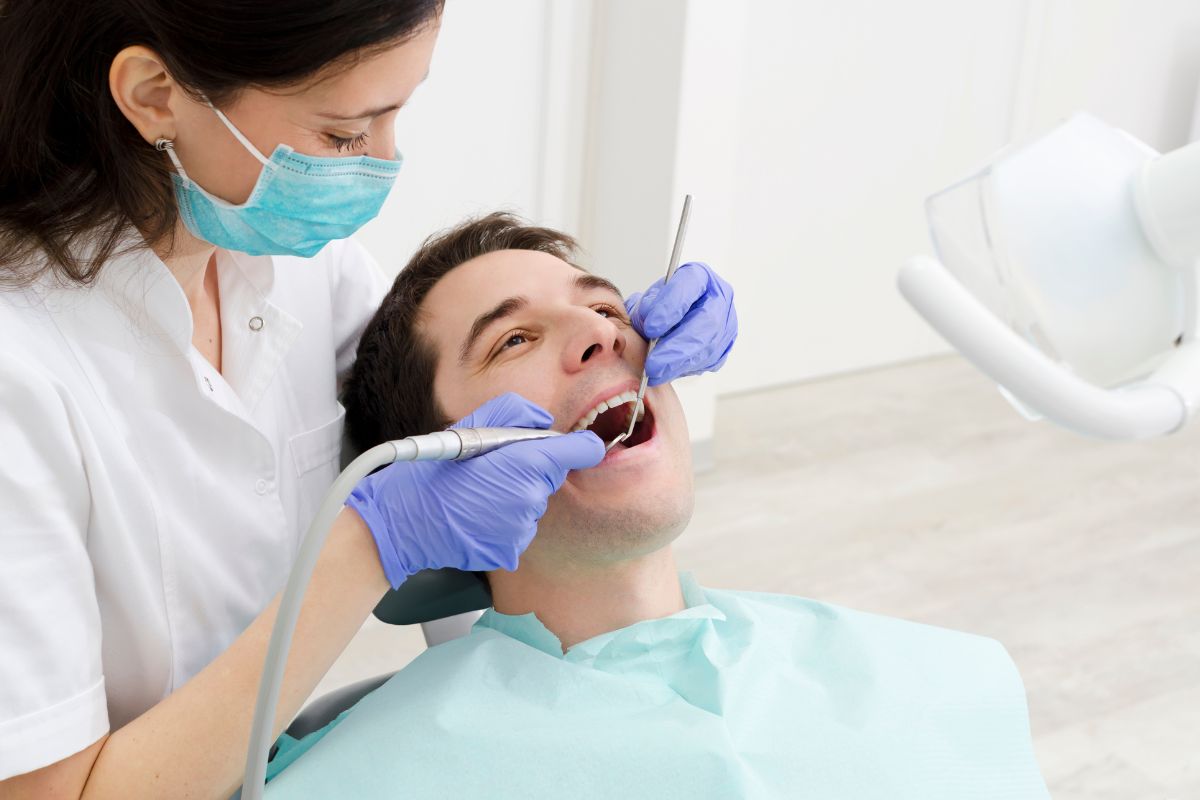As a dentist, I have seen countless patients with dental problems that have turned out to be linked to their overall health. Our oral health is much more than just brushing and flossing every day. It can serve as a window into our general health and well-being.
Let me share with you a story that illustrates this point. A few months ago, a patient came to a dental clinic complaining of a persistent toothache. After examining him, it was discovered that he had a serious gum infection that had spread to his tooth. An immediate root canal was recommended to prevent further damage.
During the procedure, the patient’s blood was not clotting properly, which was unusual for a person his age. When asked if he had any other health issues, he mentioned that he had been feeling tired and weak lately. It was suggested that he get a blood test done and schedule an appointment to a hematologist.
The blood test results revealed that the patient had a rare blood disorder that required immediate treatment. Had this not been discovered this during his dental visit, the consequences could have been dire.
This story highlights the connection between our oral health and overall health. In this case, the gum infection was a warning sign of a more serious underlying condition. But there are many other ways in which our oral health can impact our general health.
For example, research has shown that gum disease is linked to a higher risk of heart disease, stroke, and diabetes. Poor oral health can also contribute to respiratory problems, including pneumonia, as well as pregnancy complications.
The good news is that we can take steps to improve our oral health and, by extension, our general health. This includes brushing and flossing regularly, eating a healthy diet, avoiding tobacco and excessive alcohol consumption, and visiting the dentist for regular checkups and cleanings.
5 Key Indicators of Strong Oral Health
- Healthy Gums: Healthy gums should be pink, firm, and not bleed when you brush or floss. If you notice any redness, swelling, tenderness, or bleeding, it could be a sign of gum disease.
- Fresh Breath: Bad breath can be a sign of poor oral hygiene or an underlying dental or medical condition. If you have persistent bad breath despite brushing and flossing regularly, it’s worth bringing up with your dentist.
- Strong Teeth: Healthy teeth should be strong, without any cracks, chips, or decay. If you experience sensitivity to hot or cold foods or have pain when chewing, it could be a sign of tooth decay or damage.
- Proper Bite: A proper bite means that your upper and lower teeth fit together comfortably and correctly. If you have problems with your bite, such as an overbite or underbite, it can lead to jaw pain, headaches, and other issues.
- Oral Cancer Screening: Regular oral cancer screenings are an essential part of dental checkups. Your dentist will examine your mouth for any signs of oral cancer, such as sores or lumps, and refer you to a specialist if needed.
Keep in mind that these are just some of the things our team will look for during a checkup. If you have any concerns or notice any changes in your oral health, don’t hesitate to bring them up during your visit.
Remember, we are not just concerned with your teeth and gums. We are also looking out for your overall health and well-being. And if you notice any changes or problems with your oral health, please give us a call first. It could be the key to catching a more serious health issue early on.
